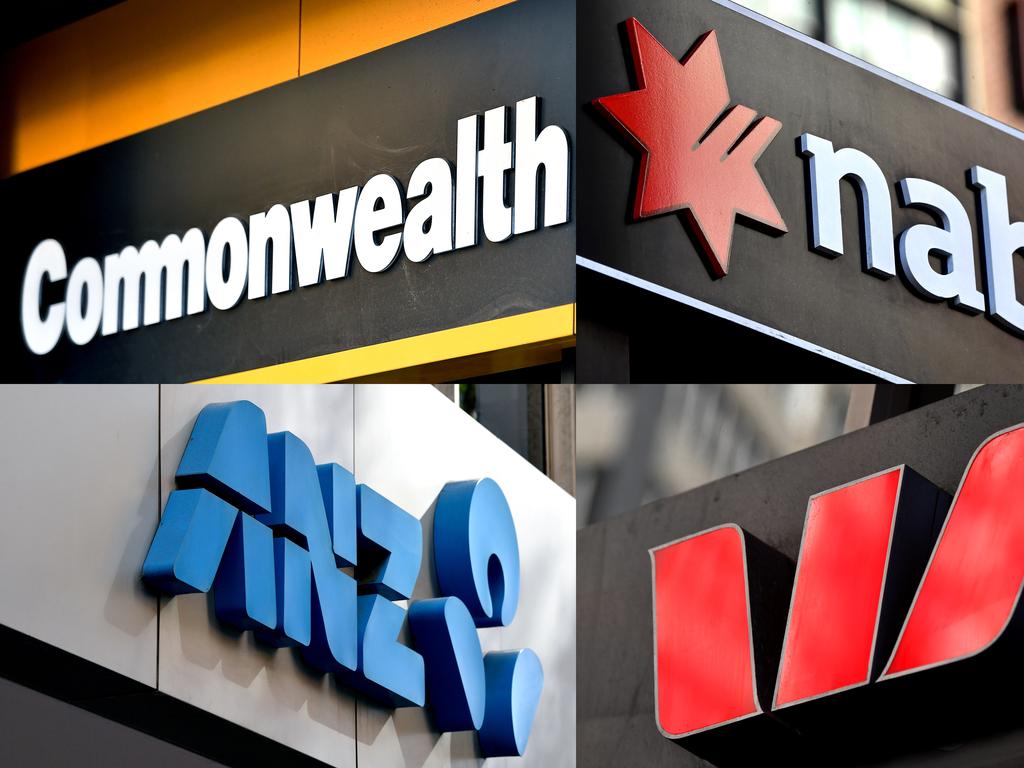Bond or break: Weighing what will survive the coronavirus in the bond market
Will the coronavirus crisis reveal deep cracks in the bond market?

In essence, they’ve been assessing the financial stability of every issuer in the fixed interest market — and the credit quality of the bonds they’ve issued to raise debt capital from investors — to gauge their ability to meet their repayment obligations.
What’s followed has been a flood of ratings downgrades, reflecting the severe deterioration in economic conditions globally and the flow-on financial effects from the virus outbreak to governments, financial institutions and companies.
Even Australia, one of the few countries in the world still holding the highest credit rating of AAA, has not escaped review.
But it is among corporate bonds where the dramas might occur most often: the most prominent example in Australia to date has been Virgin Australia.
The airline’s credit rating was downgraded to D on 1 May after it was placed into voluntary administration and filed a bankruptcy petition. Virgin said that it would not pay its investors their next coupon payment on $US425m of senior unsecured notes due on 15 May after the company’s administrators announced a moratorium on all creditor payments.
Financial industry estimates are that repayment defaults on so-called junk bond issues — bonds issued by companies with below investment grade credit ratings — could reach as high as 15 per cent over the medium term. That compares with a normal corporate default rate level of around 1-2 per cent.
Investors with direct exposures to these entities via credit bond issues, and equities if they’re also listed companies, face losing their capital.
As with any investment, higher returns generally translate to higher risk. Bond issuers are no different.
Which is why fixed interest investors should not only have an understanding of credit ratings scales but also be aware of the types of bond issuers that are packaged into different fixed interest products.
Not all equal
Although fixed interest is often regarded holistically as a “defensive asset” class, some issued debt definitely carries higher levels of repayment default risk than others.
Fund products skewed towards bond issuers with investment grade credit ratings (AAA to BBB-) generally have a much lower volatility and default risk profile compared to products with bigger exposures to entities with low credit ratings.
Governments tend to be at the high end of the credit scale. They have huge financial resources, and have the ability to readily issue new bonds and print money.
Corporates don’t have this capacity and are largely reliant on debt funding to build their operations. When cash flows become stressed, as many are currently experiencing, their ability to service their debts is impaired.
Investment grade corporate credit bonds, because of their primary function as long-term debt funding instruments, are less susceptible than shares to short-term market volatility and provide ballast when equity and credit markets suffer.
If the objective of your portfolio is to build a diversified set of assets that meet your risk-return profile, bonds are still the best asset class to achieve real diversification from equities in times of stress.
While some investors might look to alternative forms of diversification during periods of lower expected returns, most alternative options other than bonds (including real estate, infrastructure and shorter-dated credit) are directly correlated to equities and therefore vulnerable to an equity market sell-off.
What’s more, bonds can experience low to negative returns in the event of rising interest rates, the reinvestment of a higher coupon and the benefit of compounding means investors with a medium to long timeframe are eventually better off holding bonds.
Tony Kaye is senior personal finance writer with Vanguard Investments Australia
www.vanguard.com.au







In the midst of the COVID-19 pandemic, the agencies that rate the bond issues of countries, government agencies and companies around the world have been working overtime.